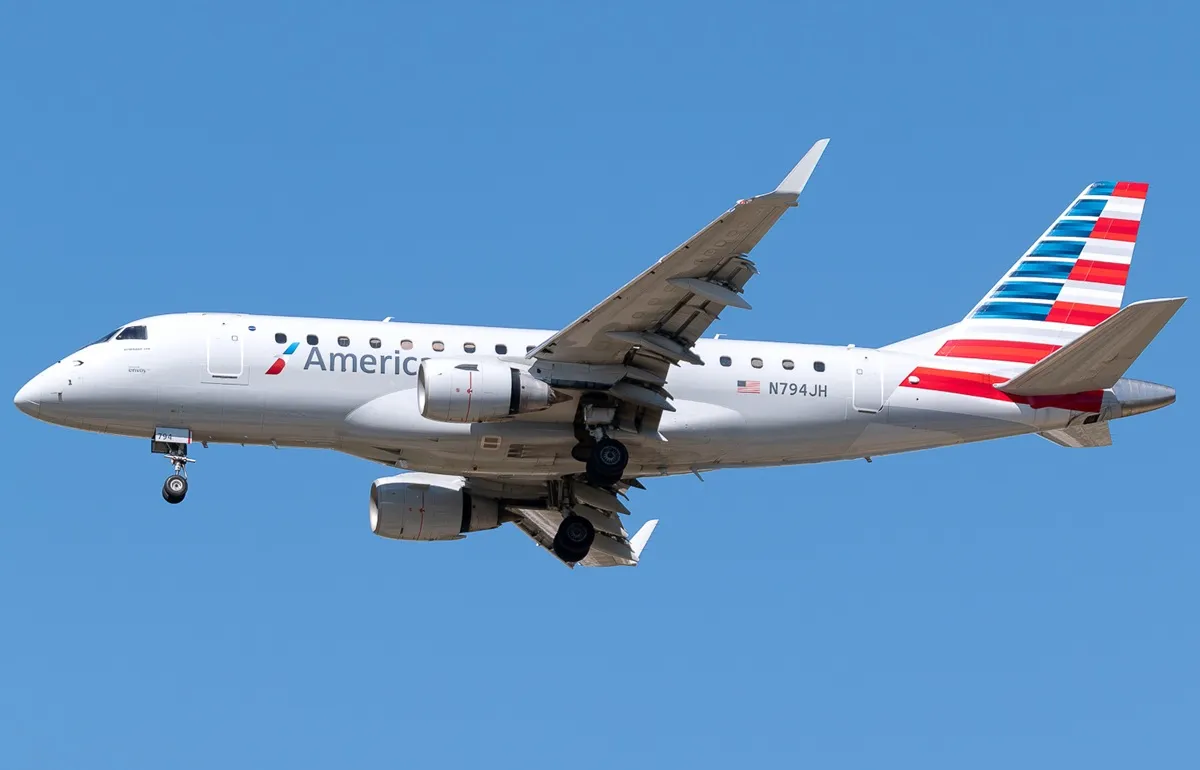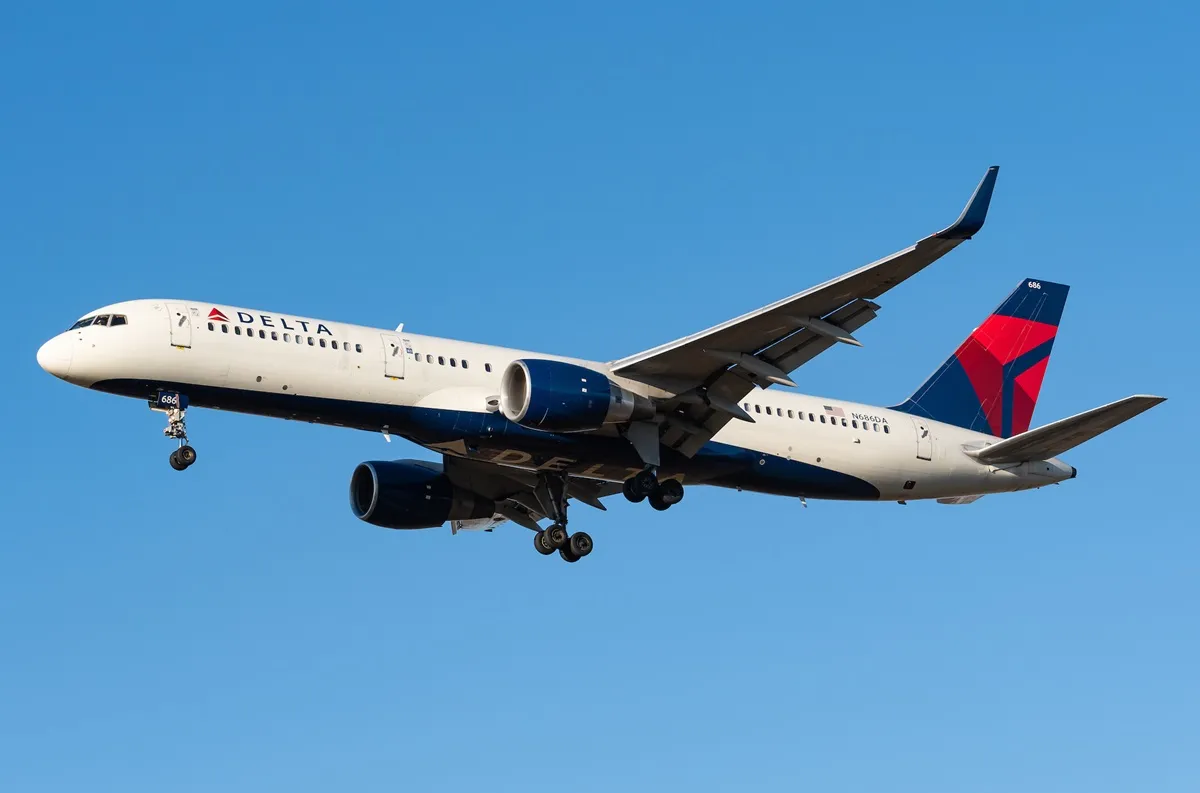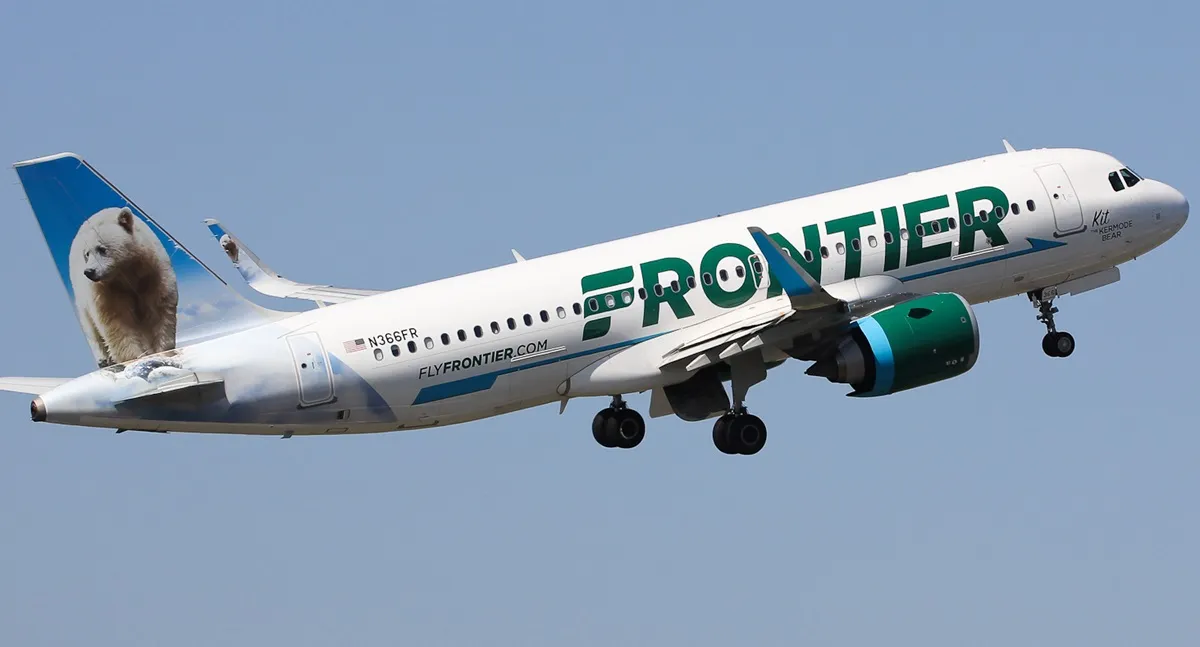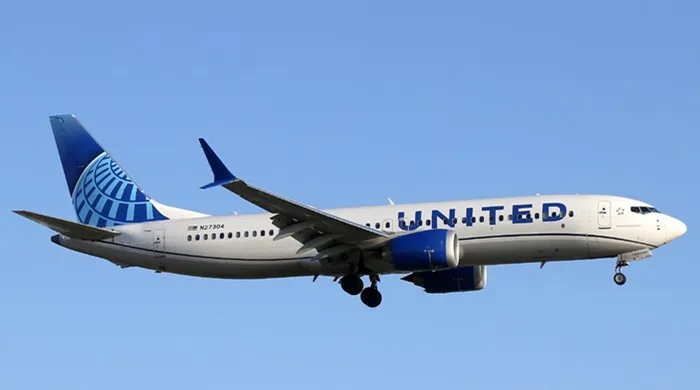
In the competitive world of airline travel, baggage fees have long been a contentious issue. While most airlines have steadily increased the cost of checked baggage over the years, Southwest Airlines stood out as a major US carrier that allowed passengers to check two bags for free.
However, that unique policy has now come to an end. Southwest Airlines recently announced that it would begin charging passengers for checked baggage starting May 28, 2025—a move that has sparked a strong reaction from customers and competitors alike.
One airline that wasted no time in responding to Southwest’s decision is Frontier Airlines. The ultra-low-cost carrier has launched a bold promotional campaign aimed at attracting Southwest’s disgruntled customers by offering free checked bags, a move that not only capitalizes on the situation but also strategically repositions Frontier in the eyes of cost-conscious travelers.
Here’s how Frontier is using Southwest’s baggage fee reversal to its advantage and what this means for the airline industry as a whole.
Southwest Airlines ends its free checked bags policy
For more than 50 years, Southwest Airlines had prided itself on its free checked bag allowance. This policy was a major selling point for the airline, helping it stand out in an industry where most competitors charge for every piece of checked luggage.
The policy contributed significantly to Southwest’s reputation as a customer-friendly airline that prioritized transparency and value over hidden fees.
However, in an unexpected turn, Southwest announced that it would begin charging for checked baggage, citing rising operational costs, inflation, and the need to align itself with industry norms.
This new policy is set to take effect on May 28, 2025, and will require passengers to pay for their checked bags unless they have elite status or hold a co-branded Southwest credit card.
The airline's leadership has framed the decision as a necessary financial step. With increasing fuel costs and ongoing economic challenges in the aviation industry, Southwest is looking for ways to maintain profitability.
However, many customers feel that this change marks a significant departure from the airline’s customer-first approach.
The reaction on social media has been swift, with many frequent flyers voicing their frustration and disappointment.
Frontier Airlines’ strategic response: FREEBAG
Recognizing an opportunity to win over Southwest’s dissatisfied customers, Frontier Airlines quickly launched a targeted marketing campaign to position itself as the alternative for travelers looking to avoid baggage fees.
According to FOX Business, the promotion, known as the "Economy Bundle," offers passengers several benefits for flights departing between May 28 and August 18, 2025, including:
- A free carry-on bag
- Free seat selection
- Free flight changes on nonstop flights
- One free checked bag
Note: to claim the offer, customers must book by March 24 using the promo code FREEBAG.
Frontier CEO Barry Biffle made it clear that the airline is paying close attention to Southwest’s policy shift. In a statement, Biffle said that the promotion could potentially become a permanent offering if it proves to be a strong selling point. This response not only takes direct aim at Southwest but also reinforces Frontier’s commitment to providing budget-friendly travel options.
In a 6ABC report, Biffle said:
"At the end of the day, travelers just want to be valued. We're bringing back the things people love about flying - free bags, free seat selection, and flexibility - without the extra fees. No games, just great value."
He also added a cheeky jab:
“Think of this as the ultimate ‘divorce your old airline’ deal.”
Frontier’s move is particularly striking given its reputation as an ultra-low-cost carrier, a category of airlines that typically relies heavily on ancillary fees—including baggage charges—to maintain profitability.
However, in this case, the airline is willing to waive those fees temporarily in exchange for customer goodwill and increased bookings.
The marketing campaign is also notable for its cheeky tone. Frontier’s promotional materials and social media posts reference Southwest’s policy change, urging customers to switch over from Southwest and choose a carrier that offers free checked bags.
This type of direct competitive marketing is relatively rare in the airline industry and suggests that Frontier is confident it can capitalize on Southwest’s decision.
Why this move matters
Southwest Airlines' decision to introduce baggage fees signals a broader shift in the airline industry. While baggage fees have long been a major source of revenue for most airlines, Southwest’s commitment to free checked bags was seen as one of its defining features.
The move to eliminate that perk suggests that even well-established carriers are feeling the pressure to generate more ancillary revenue.
In 2023, global baggage fee revenues surpassed $33 billion, underscoring just how significant these charges have become to airline financial models.
Airlines have increasingly relied on these fees to offset rising fuel costs, labor expenses, and other operational challenges.
With Southwest joining the ranks of carriers that charge for checked bags, the industry may be moving toward even greater reliance on ancillary fees.
For Frontier, the opportunity is twofold. First, the airline can use this moment to attract cost-conscious travelers who are frustrated with Southwest’s policy change.
Second, by framing itself as the airline that "still" offers free checked bags (even if for a limited promotional period), Frontier can differentiate itself in an industry where customers have become accustomed to being nickel-and-dimed for every extra service.
Passenger reactions to the change
The response from passengers has been mixed. Many longtime Southwest customers feel betrayed by the policy change, arguing that the airline is abandoning one of its core values.
Social media has been flooded with complaints from travelers who had chosen Southwest specifically because of the free baggage allowance and are now reconsidering their loyalty.
On the other hand, some travelers recognize that airlines are facing rising costs and see Southwest’s move as a necessary business decision.
Some customers who frequently travel with only carry-on luggage have pointed out that they will not be significantly impacted by the change.
Frontier’s promotion has also generated strong reactions. Many travelers appreciate the chance to check a bag for free, even if the offer is temporary.
However, others are skeptical, wondering if the airline will quietly introduce other fees to compensate for the free baggage allowance.
Ultra-low-cost carriers like Frontier are known for their à la carte pricing model, and some customers worry that they might end up paying more for other services.
Industry experts suggest that while Frontier’s move is a smart marketing tactic, it may not be a long-term strategy. If the airline sees a significant boost in bookings due to the promotion, it could consider extending the offer.
However, if the financial impact is too great, the free baggage offer might disappear for good once the promotion ends.
What this means for the future of airline pricing
The battle between Frontier and Southwest over baggage fees highlights a larger trend in airline pricing. As carriers continue to face financial pressures, they will look for new ways to increase revenue—whether through baggage fees, dynamic pricing models, or additional in-flight services.
For passengers, this means that shopping for flights will become even more complicated. With airlines constantly adjusting their fee structures, travelers will need to pay closer attention to the fine print when booking tickets.
What might seem like a cheap flight at first glance could quickly become more expensive once baggage and other add-ons are factored in.
The coming months will be crucial in determining whether Southwest’s decision to introduce baggage fees will impact its customer loyalty.
If enough passengers push back and book flights with competitors like Frontier, the airline may be forced to reconsider its pricing strategy.
On the other hand, if Southwest sees little impact on its bookings, other airlines may follow suit and continue raising ancillary fees.
For now, travelers who prioritize free checked bags may find Frontier's offer appealing, but they should keep an eye on whether the airline maintains this policy beyond the promotional period.
Final thoughts
Frontier Airlines has seized the moment to position itself as the airline offering free checked bags at a time when Southwest is moving in the opposite direction.
By launching a strategic promotion that directly targets Southwest’s customer base, Frontier is making a bold play to attract new passengers and differentiate itself in the market.
However, the future of baggage fees in the airline industry remains uncertain. Southwest’s decision to introduce fees may mark the beginning of a broader industry shift, or it could backfire if enough customers push back.
In the meantime, travelers should carefully compare airline policies and promotions to ensure they’re getting the best value for their money.
As the competition between airlines heats up, one thing is clear—passengers will need to stay informed and adaptable in an industry where pricing strategies are constantly evolving.



